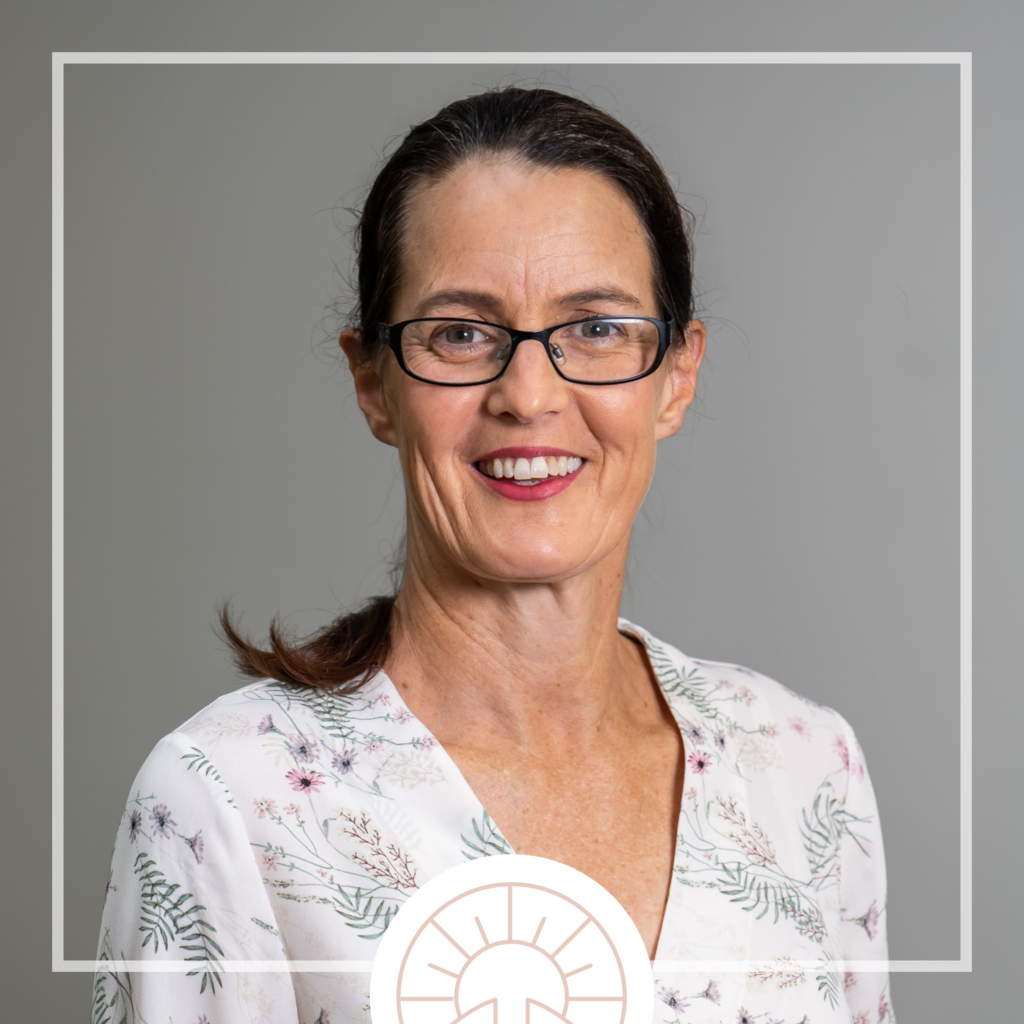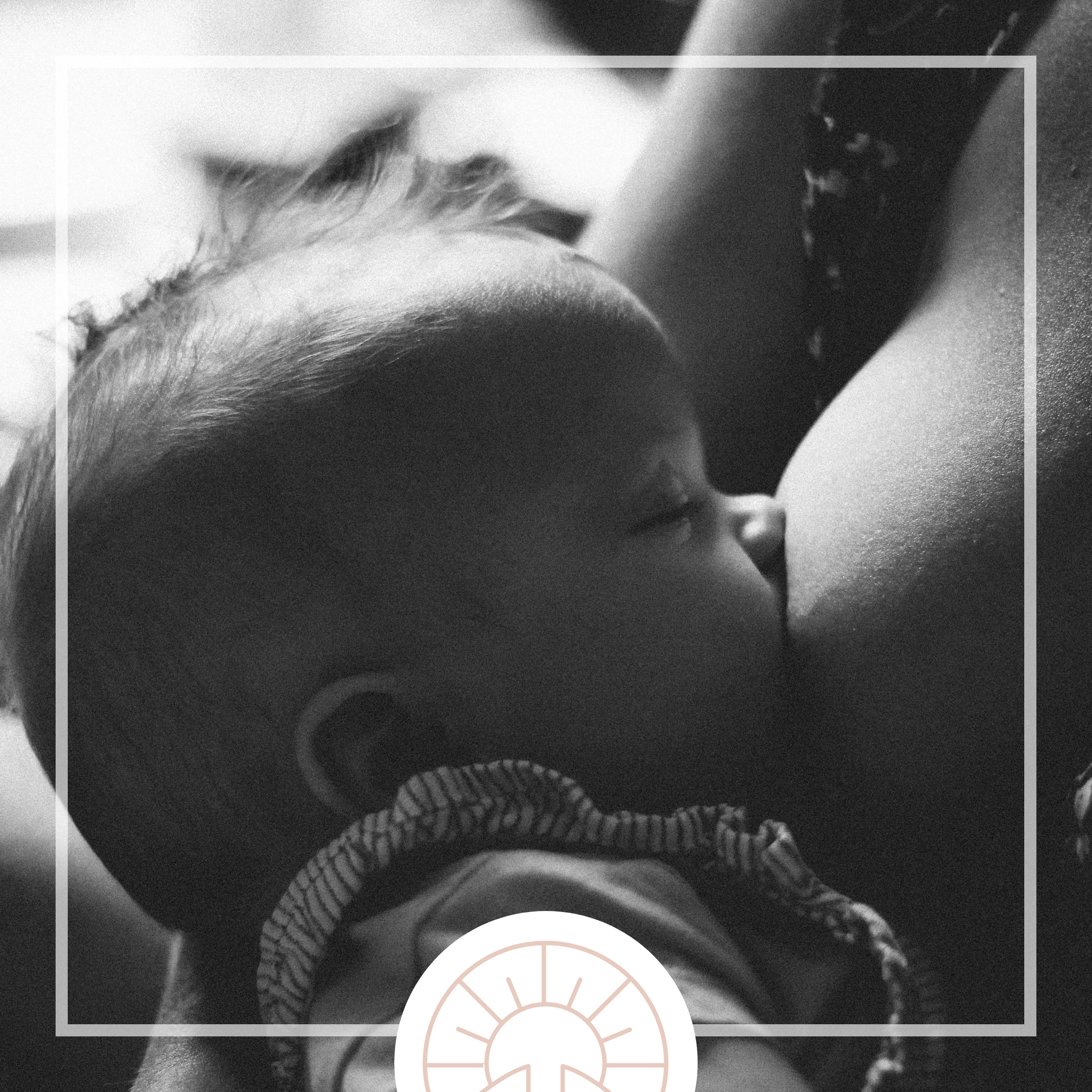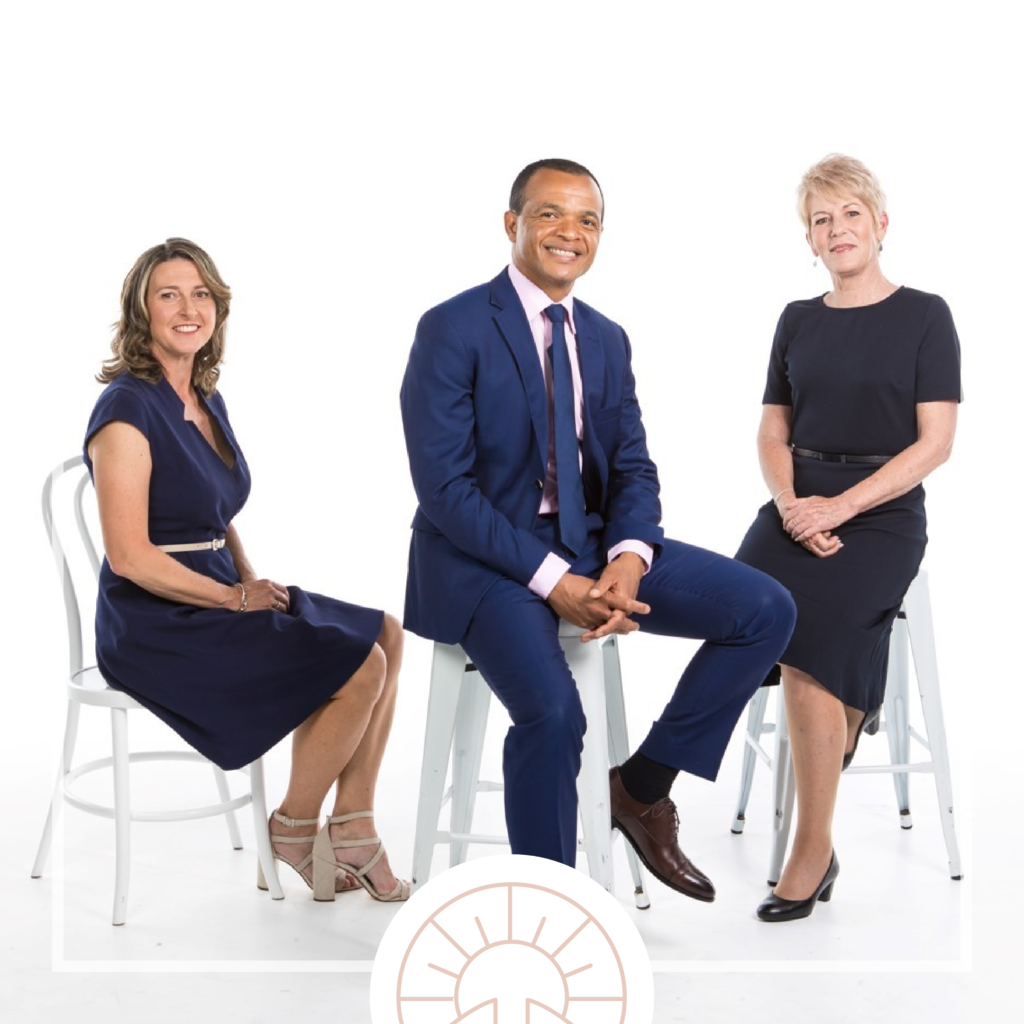New Parenting Tips & Tricks
Congratulations on bringing home your brand new little one! There is no better feeling in the whole world than holding your newborn in your home for the first time.
You’re probably feeling a little overwhelmed, and so is baby! Remember that almost every new feeling is the most intense one they have ever felt. Newborns haven’t had time to adjust to the feel of fabrics, bright lights, or strange colours yet. Every new sound is the loudest, and every new sensation is the strongest.
If it’s your first child, it’s even more normal to feel overwhelmed. Bringing home a new baby means massive changes in your lifestyle, and you’ll take a bit of time to adjust. That’s why we’ve gathered up some quality advice from parents. We’ve seen hundreds of new babies and our team members have had plenty of their own, so we hope our insight can help you navigate those early days with a little more ease!
After Birth
The first few days (weeks, months…) can be very overwhelming. You’ll likely need an extra hand wherever you can get one. Your hospital or birthing centre will usually have nurses or staff who hand help you get your head around tasks like changing and feeding.
At TOAG, Sally Crothers is your best source of early advice. She’s an endorsed midwife, registered nurse, and child health professional with decades of experience in helping new parents get the right start.
Sally will also come to visit a few weeks after birth. When you’re in the comfort of your own home and free from outside stress, she can lend a hand and give valuable advice on how to handle your new life with a little one. Her visit includes a thorough check-up of mum, dad, and baby, and caring support when you need it most.

Breastfeeding
Most hospitals and birthing centres have dedicated nurses that can help you start breast- or bottle-feeding. Some hospitals also have lactation consultants, who can help you manage things like milk supply, sore nipples, and breastfeeding positions.

Breast is best wherever possible. Did you know that breastmilk changes to match your baby’s developmental needs? It has a yellowish colour and thicker texture for the first few days as your body produces colostrum, which is a nutrient-rich super-formula that boosts baby’s immune system. After that, it changes to the normal, whitish milk that can sustain baby for year or more. How’s that for planning?
If you have a blocked duct or if milk just won’t come out, you can use gentle heat to help things flow. A heat back, warm compress, or gentle massage can help get the flow going. And just as heat helps milk go, cold can help reduce soreness afterwards. If your breasts feel tender after feeding or pumping, try a cold compress for some relief. You can buy specialised cold packs with a contoured shape that go inside a bra, but some women find that keeping a cabbage in the freezer is the best option – just peel off a leaf and place it inside your bra when you need it.
Babies have very small stomachs and need a lot of nutrition to grow. They usually need to be fed every four hours – yes, even in the middle of the night. Most parents found their baby wakes them up to do this, but you might prefer to set an alarm instead. Feeding at a consistent time can help baby (and you!) develop a consistent sleep pattern.
Breastfeeding success depends on you, and starts at birth, so remember to:
- Build a bond of closeness immediately after birth.
- Find the best position for feeding right from the get-go.
- Be patient, it is a new experience for both of you.
- Feed on demand, knowing that your baby will need feeding between 7 to 12 times every 24 hours.
- Keep your baby in your room, it will help you to know when it is feeding time and provide the baby with a safe environment.
- Avoid using a dummy, as it may confuse the baby as they learn how to breastfeed.
- Breastfeeding should provide enough nourishment for the first 6 months, and a good sign is wet nappies, and a daily bowel motion or two.
At TOAG, we would recommend you to see a lactation consultant during your pregnancy to facilitate your breastfeeding.
Changing nappies
Newborns dirty their nappies about 10 times a day, or about 70 times a week. It goes without saying that you’ll spend a lot of time standing over the changing table.
To make the process as simple as possible, make sure everything you need is within arm’s reach before starting. The last thing you want to do is turn your back on a baby who has poop in reach! Being completely ready before you start makes the process as quick as possible.
If you’re changing a baby boy, remember that being exposed to the air might make him pee when you take the nappy off. Use caution and make sure your face is not in the line of fire! It may help to have a nappy unfolded and ready to move him onto straight away, so that you don’t need to mop up your change table.
When changing a baby girl, remember that the same wiping technique applies as it does to adult women: always wipe from front to back. Wiping the other way can introduce bacteria from your little girl’s bottom into her genitals, leading to urinary tract infections. If you’ve had a urinary tract infection yourself, you’ll understand how uncomfortable they can be. A baby with a UTI is the last thing you need.
If you can, let your baby avoid wearing a nappy for at least part of the day. A bit of nappy-free time gives them greater freedom of movement and can help reduce nappy rash. Accidents are inevitable though, so make sure nappy-free time happens on a surface that you can easily clean.

Sleeping
Don’t worry about forming bad habits just yet. The early days are about survival – both baby’s and yours. The best advice we can give is to just sleep when baby sleeps. You can’t sleep when they’re awake (you can try…), so nap when they nap.
It might feel counterproductive at first – when baby is sleeping may feel like the best time to get stuff done – but remember also that sometimes the best gift you can give to yourself is to be (somewhat) rested. Seize the chance to rest when you can get it, and you’ll have more energy to finish other tasks as you need to.
Another great sleeping tip is to let a little noise in. If you insist on silence for your sleeping baby, your baby can become a sleeper that’s easily woken up by noise. The first days or weeks of trying this are bound to be a little trying, but letting a little noise in can help baby’s ears get used to the world they’ll need to sleep in.
Embrace the chaos
In 20 years, you won’t remember whether the laundry was done or if the kitchen was clean. All you’ll remember are the beautiful memories you made along the way. With that in mind, try to focus on enjoying the moment as much as possible. Most of the time, cleaning can wait a little.
Plus, you’re a new parent. Anyone who expects your home to be clean is definitely not a parent themselves. Take all the pictures, take all the time, and above all, take care of yourself and your baby first. You may need to prioritise and put things off until later, and that’s ok.
Accept help whenever you can
Babies are a lot of work. They need so much time, energy, effort, and love in the early days especially. When you’re in survival mode trying to care for your newborn, any opportunity to take a step back is worthwhile, even if it’s only for a few minutes.
Your partner, your parents, your friends, and your relatives can all provide welcome relief. They may come with comments of their own – everyone has opinions on how children should be raised – but do your best to take them in stride. If someone offers advice, the best thing you can do is listen! You can decide whether to take it on board afterwards.
Help at TOAG
Both Sally and Homar have kids of their own, who they love with all their hearts and have watched grow up. They’ve been through the same ordeal a few times and they can offer plenty of tips of their own. If you need advice on anything at all, just bring it up at your 6-week check-up! If they can’t provide the exact advice that you need, they can probably direct you to someone who can.
Contact us to find out more:
Toowoomba Obstetrics and Gynaecology
07 4592 8350
Suite 8/9 Scott Street, East Toowoomba QLD 4035

